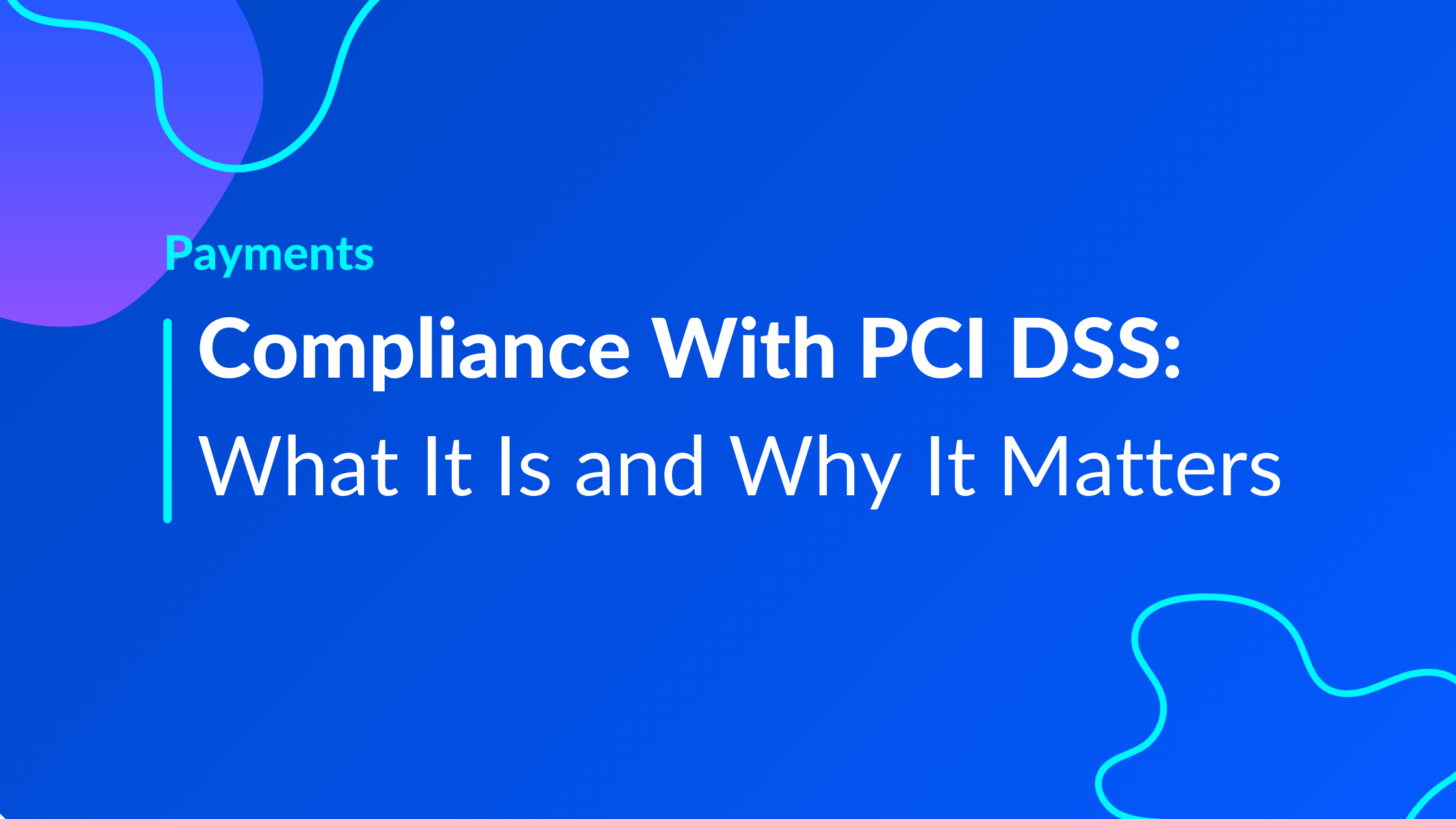In today's world, data breaches are a serious threat. Hackers are becoming increasingly sophisticated and can easily infiltrate your payment processing system, stealing sensitive customer data.
As a business owner, it’s your responsibility to ensure that your customers’ data is safe. Compliance with Payment Card Industry Data Security Standards (PCI DSS) is one way to achieve this.
In this blog, we'll explore what PCI DSS is, and why it's important for all businesses that accept credit card payments.
What is PCI DSS?
Payment Card Industry Data Security Standards (PCI DSS) is a set of security standards that businesses accepting credit or debit card payments must comply with. The PCI DSS is designed to protect cardholder data from theft and misuse. PCI DSS was established by the Payment Card Industry Security Standards Council, which is a group of major credit card providers, including Visa, Mastercard, and American Express.
Who is required to comply with PCI DSS?
If your business accepts credit or debit card payments, then you are required to comply with PCI DSS. This applies to all types of businesses regardless of size or the number of transactions processed. Failure to comply with PCI DSS can result in significant fines and even the revocation of your ability to accept credit card payments.
Why is PCI DSS important?
Complying with PCI DSS is important for several reasons. First and foremost, it protects your customers’ sensitive data from being stolen by hackers. A data breach can have a significant impact on the affected customers, leading to loss of trust in your business, legal action, and financial losses -
Second, compliance with PCI DSS can help your business avoid penalties and fines that can arise from non-compliance. Finally, compliance with PCI DSS can improve your company's reputation and increase customer satisfaction.
How can businesses achieve compliance with PCI DSS?
Compliance with PCI DSS requires a comprehensive understanding of the standards and how they apply to your business. The best way to ensure compliance is to work with a Qualified Security Assessor (QSA), who will assess your systems and processes and provide guidance on how to improve security.
Businesses can also use Payment Card Industry (PCI) compliance tools, which are designed to help assess and maintain compliance. There are several levels of PCI compliance, and the level your business must achieve will depend on the number of transactions processed annually.

Ensuring compliance with PCI DSS is essential for any business that accepts credit or debit card payments. The ramifications of non-compliance include legal repercussions, financial losses, and irreparable damage to your reputation. By adhering to PCI DSS, you can safeguard your customers' sensitive data, bolster your reputation, and sidestep penalties for non-compliance -
If you're uncertain about achieving compliance, seek the guidance of a Qualified Security Assessor or utilize PCI compliance tools to evaluate and maintain your systems and processes. Always remember, prevention is key!
Payment collection shouldn't feel like a chore. You've done the work, now WisePay takes care of the rest: Getting you paid (on time, every time). From the moment an invoice is created to chasing payments, to finally reconciling the invoice, WiseSync and WisePay work together to automate every step of the invoice lifecycle - discover how to Get Paid Faster.
